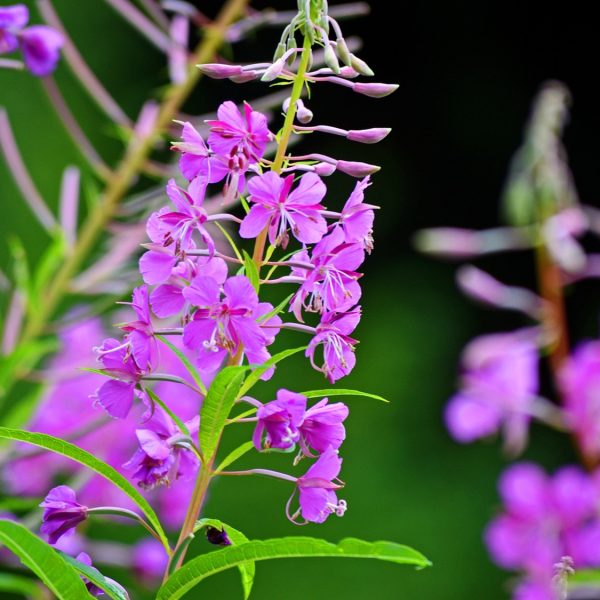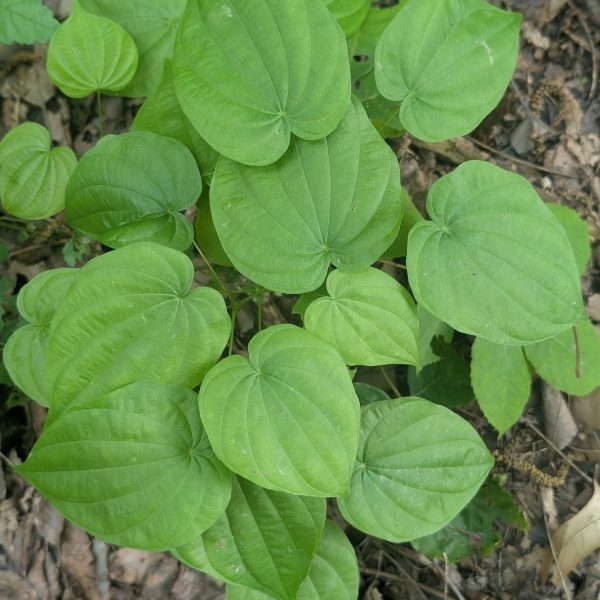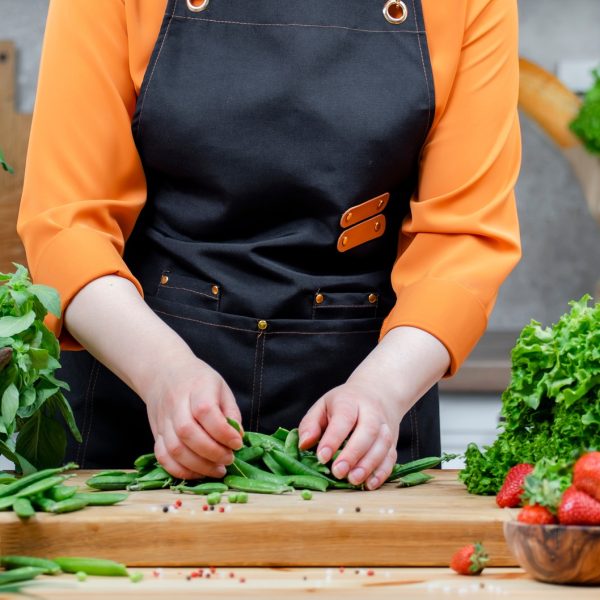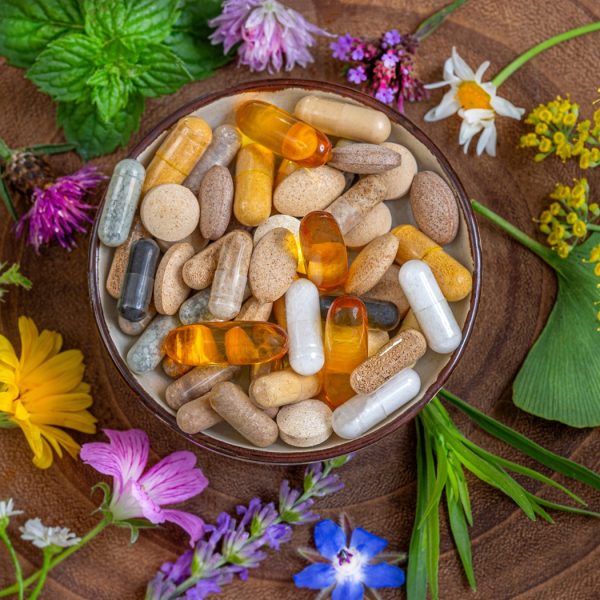In this article, we summarise the study, A randomised double-blind placebo-controlled pilot trial of a combined extract of sage, rosemary and melissa, traditional herbal medicines, on the enhancement of memory in normal healthy subjects, including influence of age.
Plant name and species


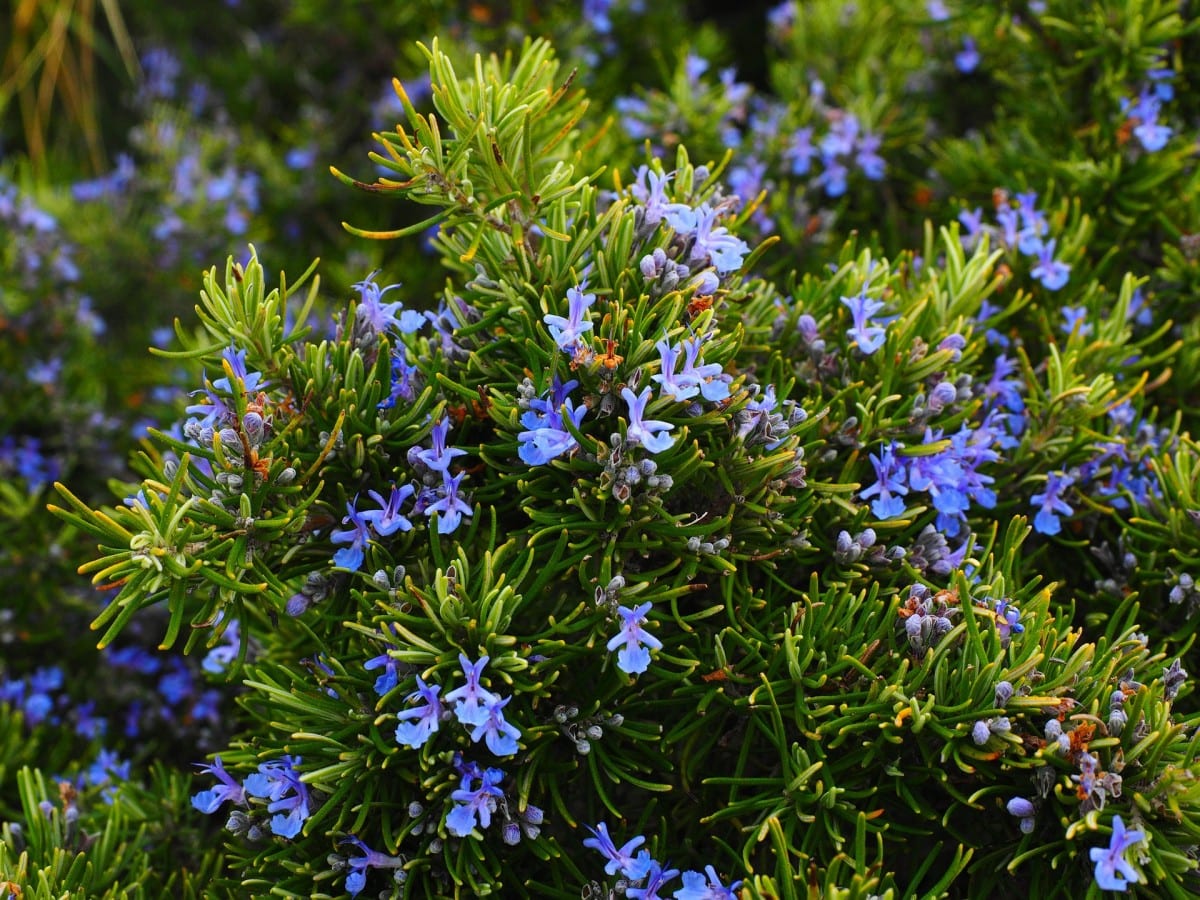
Aim of study
The objective of the study was to evaluate the effects of a blend of sage, rosemary and lemon balm on memory in normal healthy subjects and to assess clinical efficacy of traditional herbal medicines for memory and brain function.
Study method
The trial was a double-blind, randomised, placebo-controlled pilot study and subjects were either put into a placebo group or an active group. The subjects had an average age of 61, and there were 44 participants. For two weeks they were given a dose of the ethanolic extract of sage, rosemary and lemon balm.
Immediate and delayed word recall were used to assess memory after taking the extracts or placebo. Additionally, analysis was performed with subjects divided into younger and older subgroups.
The extract blend was also chemically-characterised using high resolution LC-UV-MS/MS analysis.
Herbal preparation
Alcoholic extracts of each plant were used.
Sample size
44 normal healthy subjects
Results of study
Results showed there were significant improvements to delayed word recall, but only to the group in the under 63-year age group. No adverse effects were observed.
Discussion
More research is needed to understand the effects of short and long-term supplementation as an adjunctive treatment for people with Alzheimer’s disease and in the general ageing population. Future studies should include other ways of testing memory too. The benefits of these plants is that they are safe, with good compliance and cost-effective. They are plants that are easy and affordable to grow at home, making this very accessible medicine.
Conclusion
This study shows that overall consuming lemon balm, rosemary and sage tinctures at a selected dose for a period of time is more effective than a placebo in helping with memory in healthy subjects under 63 years of age.

